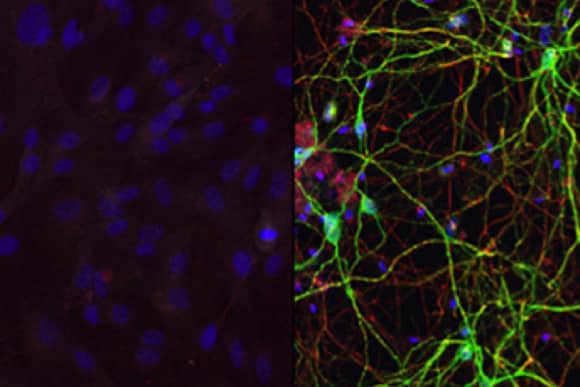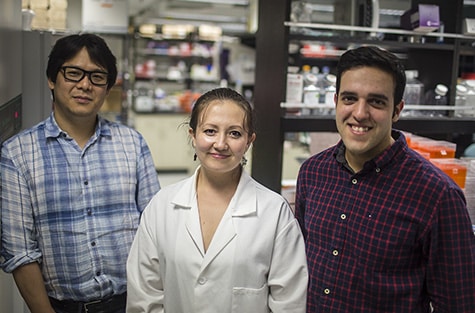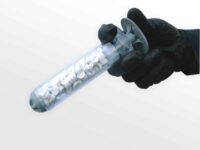Both science and technology are bouncing towards future. Therefore, every now and then, we are seeing evolution of science and technology in every sector. However, both of these have great impact upon medical science and led medical science to a different level. Lately, scientists have figured out a way to directly convert human skin cells into specific type of brain cell that degrades in patients with Huntington’s disease.

Until now, we have seen a number of medical treatments involve a process in which one type of human cell is converted to another, such as stem cells being converted to skin cells. During this process, there’s a stage called the stem cell stage, where the original cells are at risk of converting into multiple types of cells, rather than the single, desired type. But now a team of scientists from Washington University School of Medicine in St. Louis, US, has figured out how to avoid the stem cell stage altogether, and have successfully converted skin cells directly into functioning brain cells.

The team produced a specific type of brain cell called a medium spiny neuron. These nerve cells are important for controlling movement of the body and are the main cell type affected in Huntington’s disease. Researchers have published their findings in the journal Neuron, in which they have reported that the cells were implanted in the brains of mice, and survived for at least six months.
The team grew the human skin cells in an environment that resembled that of brain cells. Next they exposed the cultured cells to two microRNAs – small non-coding molecules – that unravelled the DNA needed for brain cells. The next hurdle was to reprogram the cells into specific medium spiny neurons, and this was done by exposing them to transcription factors – molecules that control the activity of a gene.
However, the team is now reprogramming cells taken from patients with Huntington’s disease into medium spiny neurons, using this method. This new approach presents the possibility of using a patient’s own cells in regenerative medicine, drastically reducing the risk of the cells being rejected by the immune system. For more details, hit the links below.
Source: Washington University
Thanks To: EurekAlert, Futurity
[ttjad keyword=”portable-hard-drive”]




madison replacement windows [url=https://otvetnow.ru]https://otvetnow.ru[/url] online bachelor engineering